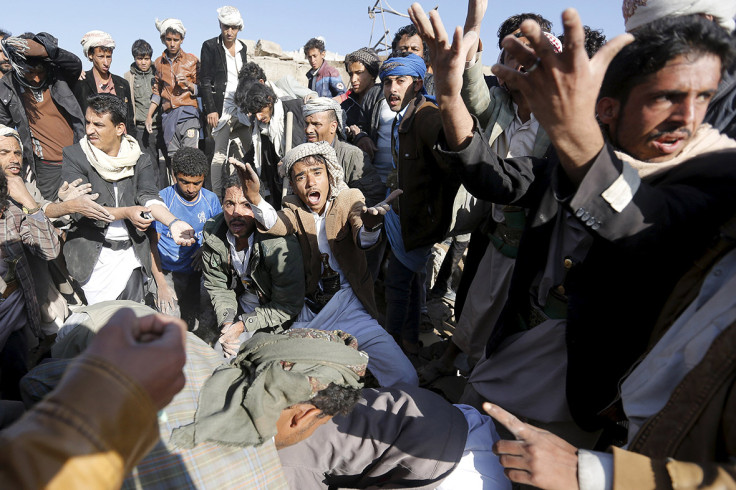Yemen conflict: Saudi Arabia should look to history before wading into 'Egypt's Vietnam'

It was little surprise that while the countries of the Gulf have always sought to play down their involvement in recent Middle Eastern wars – directly, at least – the decision to enter the conflict in Yemen came forcefully and suddenly.
Yemen shares a porous southern border with Saudi Arabia but it is not just the Gulf powerhouse's security at stake, there is pride too; Iran, by backing the Houthi rebels in Sana'a, is messing around in Sunni Saudi Arabia's backyard.
Riyadh does not want an Iranian proxy state installed on its southern border, and joins the UAE and Qatar in fearing a rising Iran buoyed by its successes in Iraq against Islamic State (Isis). Both Saudi Arabia and Bahrain have restive Shia populations, and both openly claim that it is the Iranians stoking the unrest that exploded during 2011 in the wake of the Arab Spring.
But Saudi Arabia and its Gulf allies should be careful. As Egypt is well aware, getting involved in the complex and violent internal politics of Yemen can have a monumental cost. Egyptian leader Gamal Abdel Nasser's adventure in Yemen during the 1960s, when he sent troops to support the republican rebels against the royalist north, was a disaster.
Nasser lost hundreds of Egyptian lives in Yemen and damaged his army to the extent that some historians attribute the Yemen intervention to Egypt's crushing defeat by Israel in the 1967 Six Day War. Nasser's foreign policy failures - which dented his reputation in the Arab world – began in Yemen, and it is no coincidence that historians refer to it as "Egypt's Vietnam".
Zaidi Shias
Obviously the political landscape in Yemen is different today than it was in the 1960s, but the complex tribal loyalties that define the country remain the same. The Houthis, while clearly backed by Iran, were a reaction to an incompetent regime in Sana'a under Yemeni president Abd-Rabbu Hadi, under which the Zaidi Shias – who make up a third of the country's population and one of its most powerful tribes – were largely ignored.
Simply bombing the Houthis back into their north-western heartlands and re-installing Hadi on the seat of power will not solve anything in Yemen. A Sunni Sana'a resident told IBTimes earlier this week that, under the Houthis and with the exception of last week's suicide bombing, the city had been more peaceful than it had been for years.
'By attacking the Houthis, the Saudis and their allies will find themselves on the same side as AQAP.'
Then there is Al Qaeda in the Arabian Peninsula (AQAP), one of the strongest and best organised offshoots of the late Osama Bin Laden's movement, who also see themselves as fighting rising Shia influence in Yemen. By attacking the Houthis, the Saudis and their allies will find themselves on the same side as AQAP, an unenviable situation.
It remains to be seen the degree to which Saudi Arabia and its allies are willing to get involved in Yemen, and Thursday's meeting of the Arab League may provide more clarity. But in viewing the conflict only through the Shia-Sunni, Saudi versus Iran paradigm, the Gulf States are being at best short-sighted and at worst reckless. This conflict may not end well.
© Copyright IBTimes 2025. All rights reserved.






















